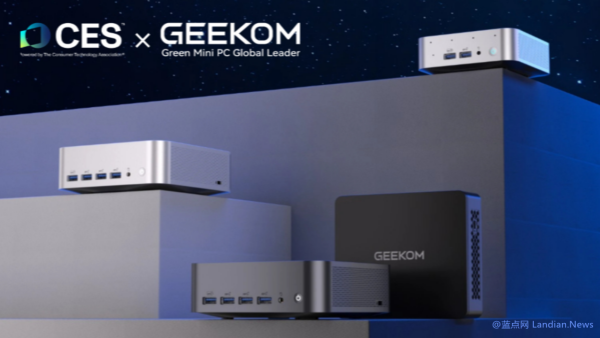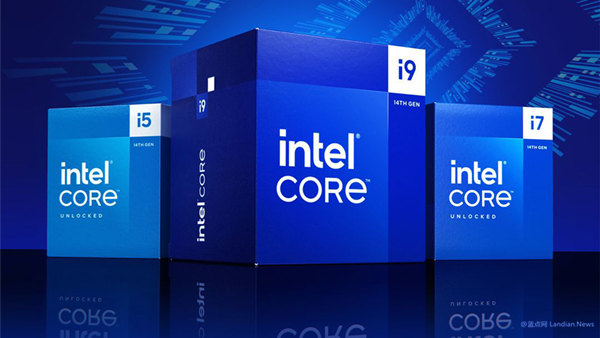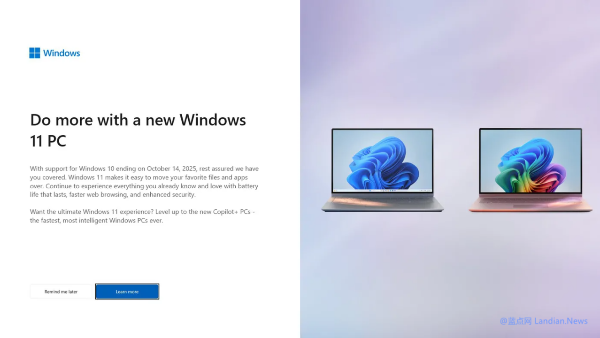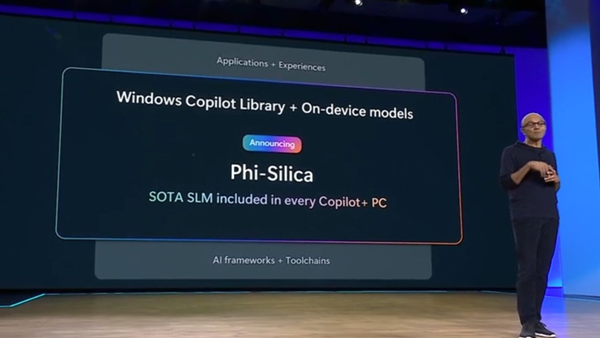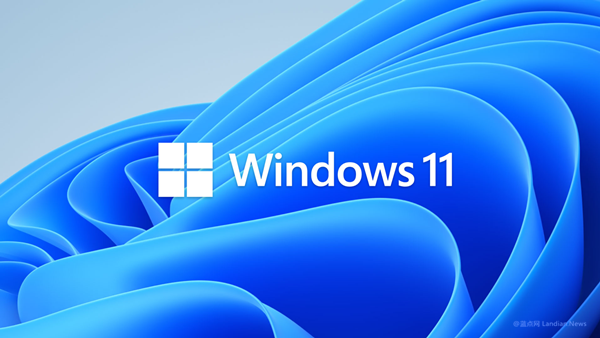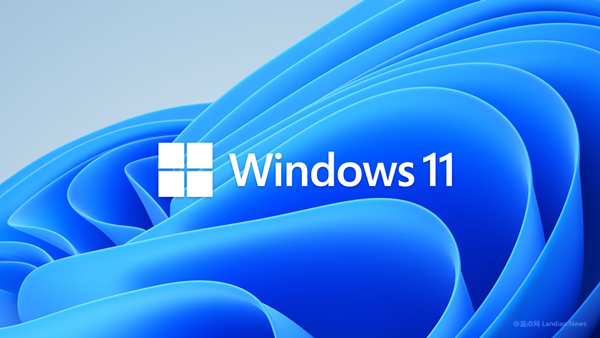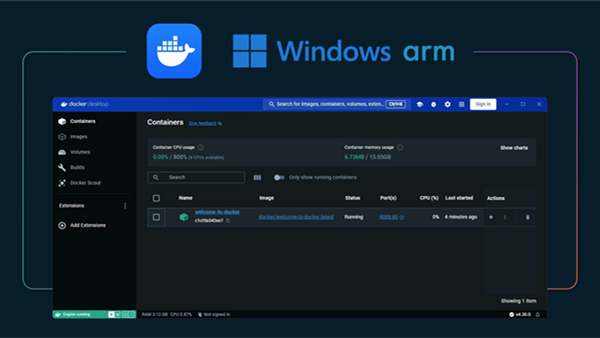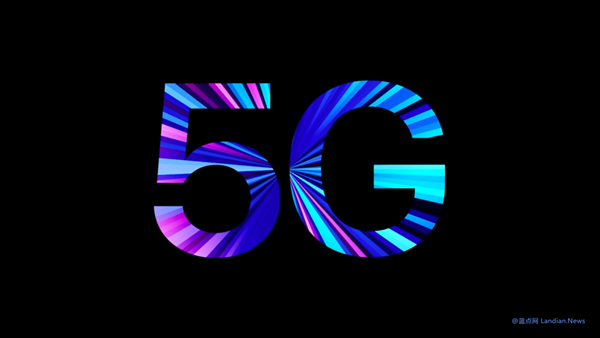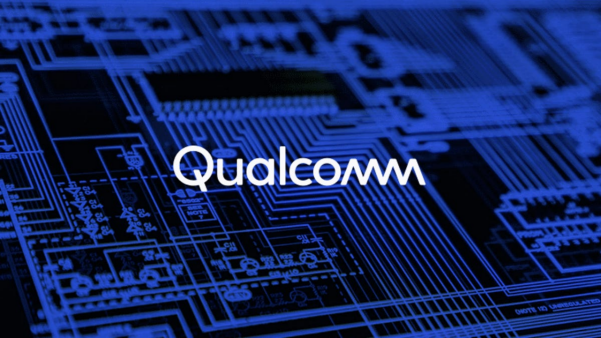Qualcomm Becomes Manchester United's New Sponsor, Spending $75 Million to Promote Snapdragon PC Chips on Jerseys
To quickly open up the market and attract consumers to buy laptops equipped with Qualcomm's Snapdragon X series processors, Qualcomm has announced a new plan: to promote the Snapdragon brand on the front of Manchester United's jerseys.
The English Premier League has over 1.1 billion fans and viewers, and Qualcomm's choice is to have the Manchester United players wear jerseys with the Snapdragon brand logo on them during home, away, and third away games.
Through this approach, the Snapdragon brand can quickly gain more recognition among consumers, preparing for the large-scale launch of Windows 11 laptops equipped with Snapdragon chips.
Although Qualcomm and Manchester United did not disclose the transaction price, media reports revealed that the deal is worth $75 million, which is not a one-year price, but a five-year price.
This means that in the coming years, Qualcomm-related advertisements will frequently appear on Manchester United's jerseys, including but not limited to Snapdragon processor or future products.
Earlier, Microsoft held a press conference to launch the Copilot+PC brand, which currently features laptops equipped with Qualcomm's Snapdragon X series chips. The NPU unit provides computing power for AI functions, and the Arm-based Snapdragon chip itself can reduce power consumption and extend device battery life.
However, Copilot+PC has recently shown some signs of trouble, mainly due to the discovery of serious security and privacy issues with the AI-driven Windows 11 Recall feature, which forced Microsoft to suspend the formal launch of the feature and test it through the Windows Insider version.
But for Qualcomm, these issues should be minor and will not have a significant impact on Copilot+PC and the Snapdragon brand. On the contrary, Intel will also launch new processors supporting Copilot+PC based on the x86 architecture, so Qualcomm's advertising efforts are aimed at quickly gaining market share and avoiding Intel's new processors from gaining traction.

